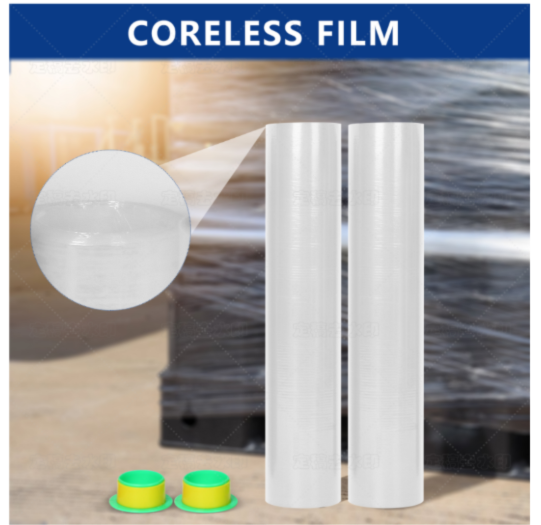Eco-friendly large trash bags that break down naturally for sustainable waste management solutions
The Importance of Biodegradable Large Bin Bags
In recent years, environmental concerns have risen to the forefront of global discussions. With plastic pollution threatening ecosystems and human health, the need for sustainable alternatives has never been more pressing. One innovative solution that has emerged is the use of biodegradable large bin bags. These bags offer a practical choice for waste management while also promoting environmental responsibility.
Biodegradable large bin bags are designed to break down naturally over time, reducing the harmful impact of traditional plastic bags. Conventional plastic takes hundreds of years to decompose, leading to massive landfills and heaps of plastic waste that can harm wildlife and pollute waterways. In contrast, biodegradable bags are typically made from plant-based materials like cornstarch or polylactic acid (PLA), which can decompose within a relatively short period under the right conditions. This ability to break down minimizes the burden on our planet and helps to restore ecological balance.
One of the primary advantages of biodegradable large bin bags is their versatility. They are ideal for households, businesses, and institutions, providing a robust solution for waste disposal without the environmental drawbacks of standard plastic bags. Whether used for kitchen waste, yard debris, or office refuse, these bags are strong and durable enough to handle various types of refuse. Additionally, many biodegradable bags incorporate features such as drawstring ties or easy-tie closures, making them incredibly user-friendly.
biodegradable large bin bags

Switching to biodegradable bin bags can also enhance sustainability practices in your community. Municipalities and organizations can adopt these products to strengthen their environmental policies. By replacing conventional plastic bags with biodegradable alternatives, they can lead by example, encouraging citizens to be more mindful of their consumption and waste disposal methods. This shift not only contributes to reducing landfill accumulation but also fosters greater environmental awareness among the public.
Moreover, biodegradable large bin bags participate in a broader movement toward a circular economy. In a circular economy, products are designed with their end of life in mind, promoting sustainability at every stage of their lifecycle. When biodegradable bags are composted or sent to facilities designed to break them down, they can help return nutrients to the soil, supporting a healthier ecosystem. This contrasts sharply with traditional plastic, which often ends up in landfills, where it leaches toxic substances into the ground and waterways.
Another noteworthy point is that many biodegradable bags are now available in various sizes and strengths, catering to different waste management needs. For individuals and businesses alike, having access to a reliable alternative can make a significant difference. These bags are not only eco-friendly but also economical. While the initial cost may be slightly higher than conventional plastic options, the long-term benefits of reducing environmental damage and fostering healthier ecosystems often outweigh the upfront investment.
In conclusion, biodegradable large bin bags present an effective solution for addressing the ongoing plastic pollution crisis. By providing a practical, sturdy, and environmentally responsible option for waste disposal, they encourage individuals and organizations to play an active role in protecting our planet. As awareness of the detrimental effects of traditional plastics continues to grow, it is vital for consumers to support products that align with sustainable practices. Transitioning to biodegradable options is a small yet impactful step we can take towards a cleaner and greener future. Embracing biodegradable large bin bags is not just a trend; it is a commitment to preserving our environment for future generations.
-
Have the freedom of customizing your custom mailers any way you want! Our dedicated packaging support will help deliver you the mailing experience you need to elevate your shipping experience to the next level! Start making a strong impression on your customers and stand out from your competitors! -
LIYA uses high quality raw materials which directly purchased from large enterprises domestic and overseas such as PetroChina, Sinopec, Sabic, Equate, ExxonMobil, Dow Chemical, Total, and Borouge, ensuring the price advantage and quality of the raw materials. -
LIYA uses high quality raw materials which directly purchased from large enterprises domestic and overseas such as PetroChina, Sinopec, Sabic, Equate, ExxonMobil, Dow Chemical, Total, and Borouge, ensuring the price advantage and quality of the raw materials.





